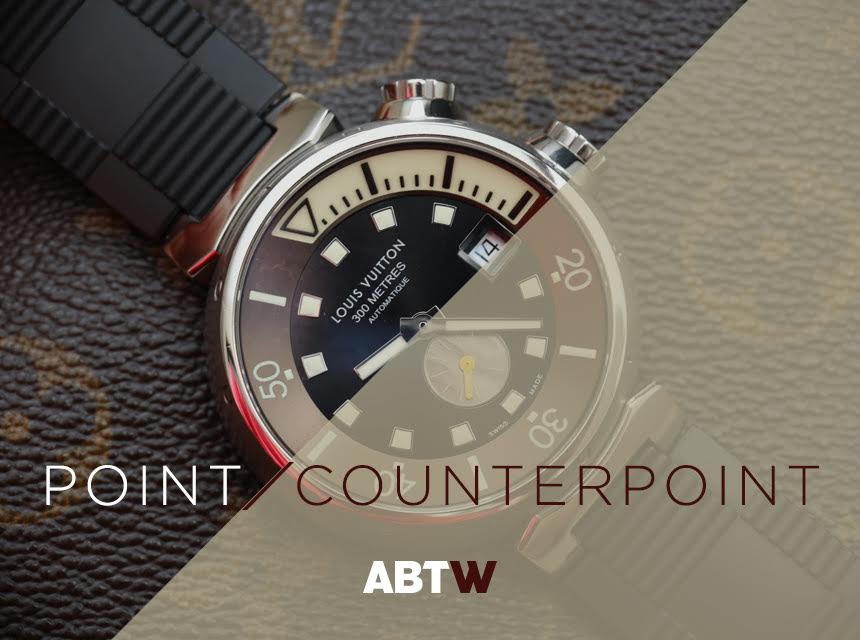 Welcome to Point/Counterpoint, an aBlogtoWatch column where two of our resident horological aficionados duke it out over a point of contention. Last time, we debated over “Conservative or Personal Choice As First Nice Watch,” and now Ariel Adams and James Stacey spar over so-called “fashion house” watches.
Welcome to Point/Counterpoint, an aBlogtoWatch column where two of our resident horological aficionados duke it out over a point of contention. Last time, we debated over “Conservative or Personal Choice As First Nice Watch,” and now Ariel Adams and James Stacey spar over so-called “fashion house” watches.
Ariel Adams: I am of the opinion that watch lovers are unfairly prejudiced against watches whose brand names are those of large fashion houses. Not that these are “fashion watches” per se, as that term often refers lower-priced watches that borrow design elements from more high-end watches. Rather, we are talking about high-quality unique designs from brands that also happen to make clothing, fragrances, and accessories, often with a heavy focus on women. Think Ralph Lauren, Chanel, Bulgari, or Louis Vuitton. What does it matter whose name is on the dial if the watch itself is otherwise attractive, of a high-quality, and contains most of things a timepiece aficionado looks for? It’s not like most of these watches are ugly. If anything, most of them succeed because they look pretty nice.
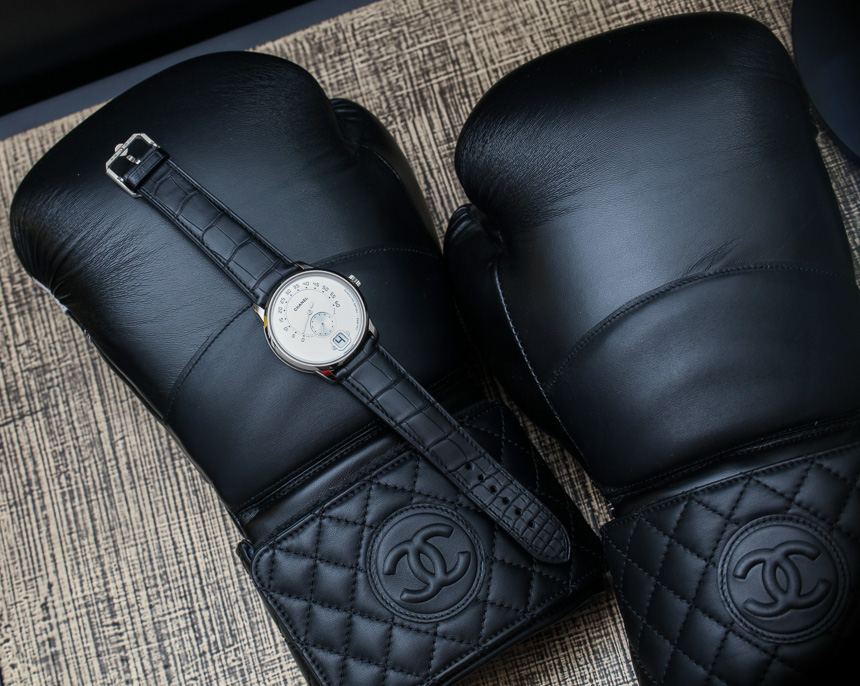
James Stacey: Call it separation of church and state, or perhaps a blue-collar chip on my shoulder against the flashy nouveau riche lifestyle marketing of most fashion brands, but I want my watches made by watch manufacturers. While I think many, or even most, watch brands lean far too hard on their ability to market their watches as things for rich people, I can’t help but see a watch from a fashion brand and be reminded of Juicy sweatpants, Calvin Klein underwear, and shiny Louis Vuitton belt buckles.
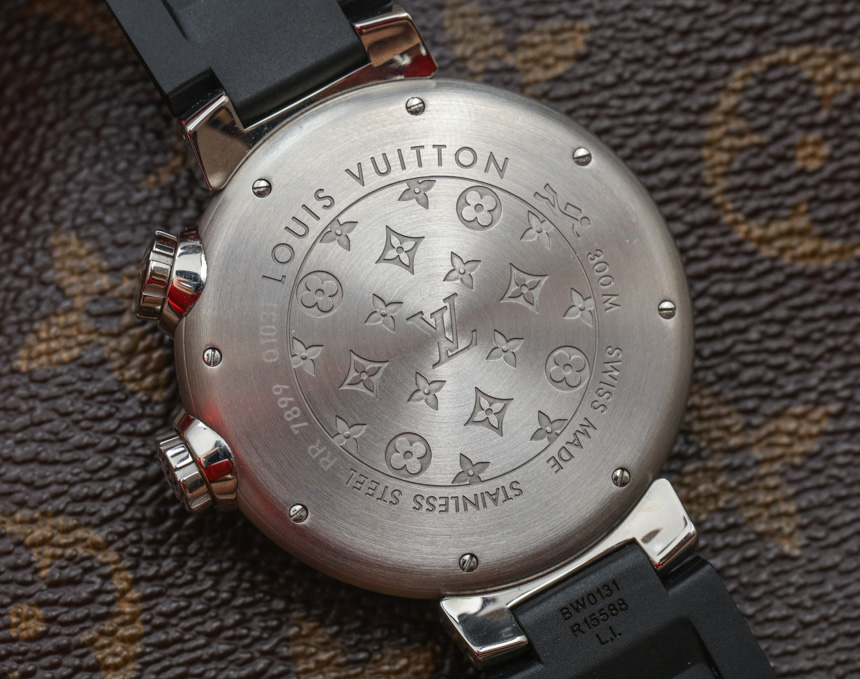
Many fashion brands make excellent and very impressive watches, but I can’t get past the feeling that the watch is just another platform for the cache of their branding, a status symbol apart from the actual watch. Sure, the standard big watch brands do this too, but they have built their branding on making watches, which, right or wrong, feels far more legitimate to me.
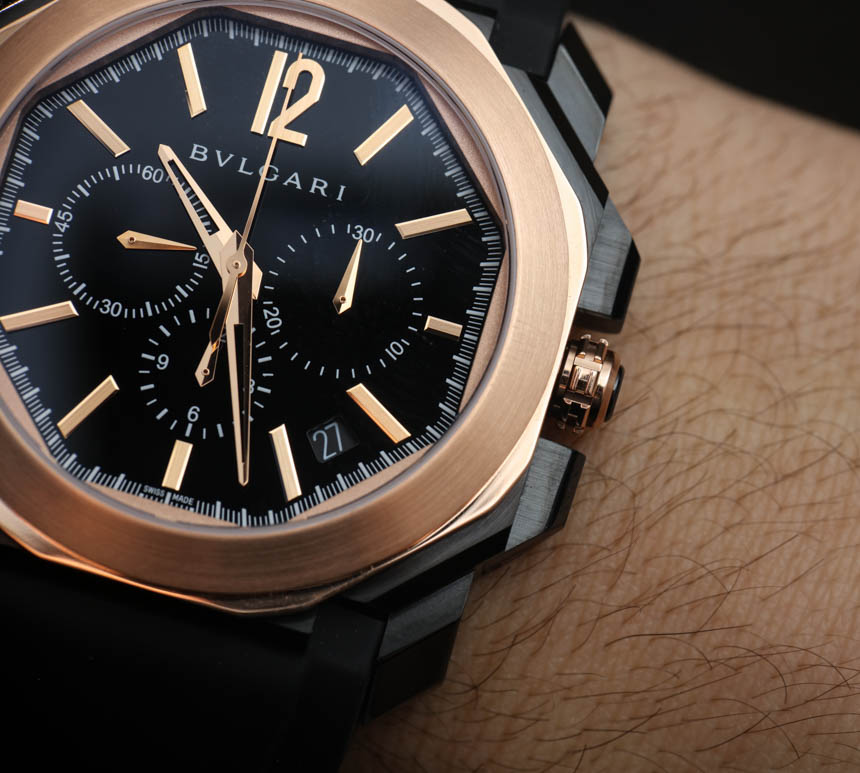
Ariel Adams: To be honest, I am sensitive to the idea that not everyone wants to be a walking billboard. There are two reasons why people like fashion house products and that is because they like the marketing image of the brand and want to be a part of it, or that they know and understand the product so well that they want to own it for its aesthetic and technical qualities. Far too often people make buying decisions for the former reason, and I can sympathize with those people who do not want to be mistaken for someone who is merely a brand follower rather than someone who carefully chooses the right products. More on that in a moment.
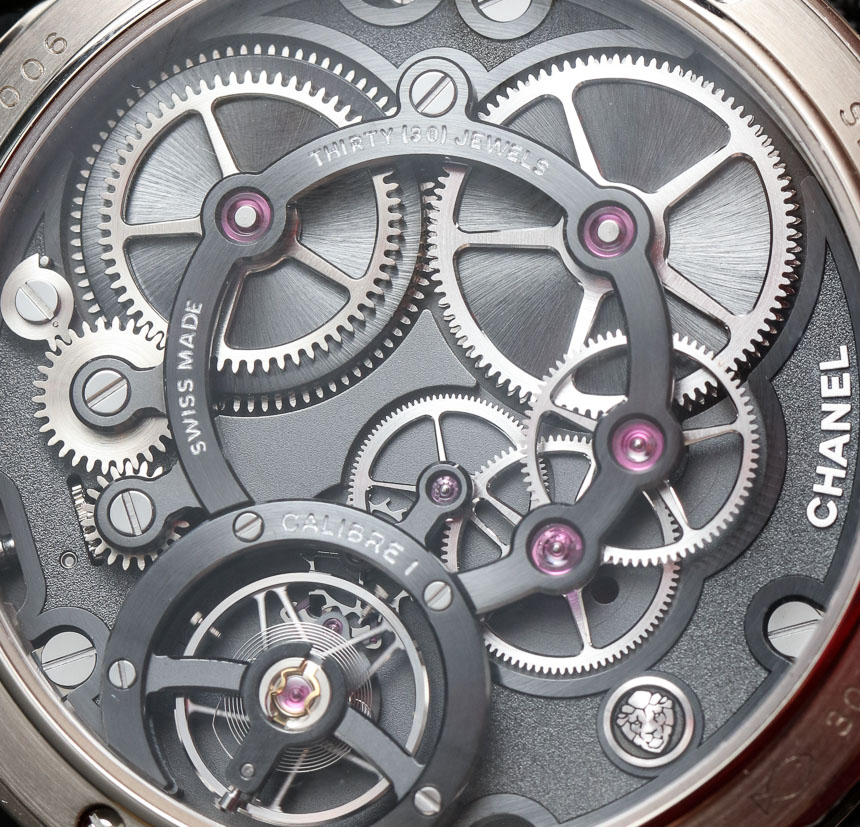
I hear the statement a lot; “I want to buy watches from companies that only make watches.” This biased remark seems to imply that simply because a company has been making a watch for a long time that they automatically have a monopoly on what makes a good watch. I would argue that any company can make a good watch if they try and work with the right suppliers and ideas. Moreover, consider our modern technical age where innovation and improvements come from unlikely sources. Before long, Apple and Google will be making automobiles. Will the argument of “I only want to buy cars from companies that make cars” fly for consumers? Look at the Fords and Cadillacs of the world and how arguably little they have contributed to modern advancements in cars next to other companies.
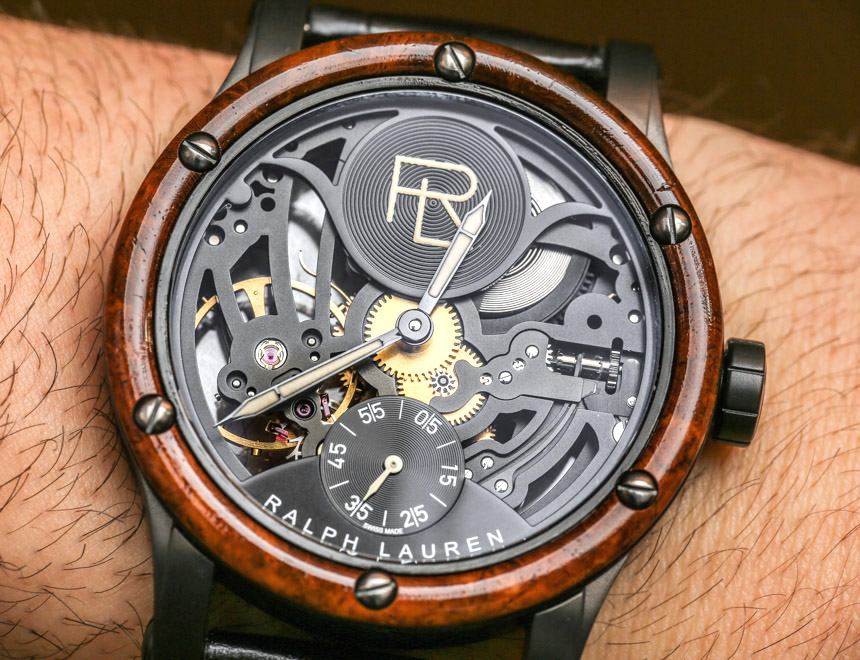
Tesla is a good example, being birthed from scratch as a nascent company among a stable of existing behemoths who used all the same arguments to claim that people should only buy cars from companies that made cars. I get that watch companies are all about preserving tradition, but who translates the traditional values we seek into modern products shouldn’t matter. Going back to watches, the perception of a product should be solely based on the qualities of the product. I understand having ideological differences with one brand or another, but barring subjective prejudice to buying product from a particular company, who cares who else is “wearing the brand” if the product itself is good?
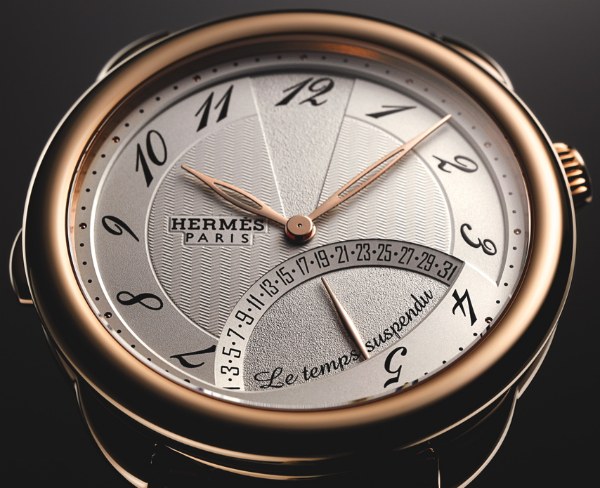
At the end of the day, we don’t want a bad watch from a fashion house or an established watch maker. The name of the brand simply doesn’t matter. We simply take mental shortcuts to trust a brand when we as consumers are sometimes too lazy to make the effort to research the product itself. I think many watch consumers simply “trust” established names more so than they have analyzed and rejected the best watch offerings of fashion houses. We are all entitled to a little bias and prejudice now and then as it’s utterly unavoidable, but as sophisticated and educated consumers of complicated products likes watches, we owe it to ourselves to be more open-minded from the outset.
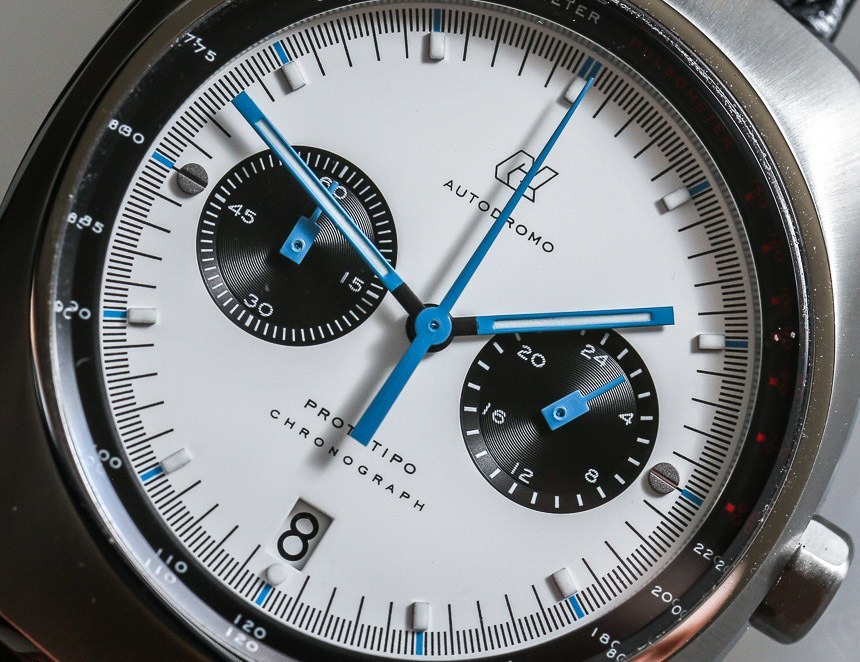
James Stacey: Putting aside my complete and utter apathy toward a car made by Google or Apple, it’s worth noting that Tesla is a car company, certainly young and innovative, but still a car company. I love young and innovative watch brands like Halios or Autodromo, they operate without the marketing force and brand cache of the established players, and I think there is an enthusiastic legitimacy to their product. While I think in a vacuum the perception of a product should be solely based on the qualities of that product, that’s not at all the reality of how marketing works or the way that humans interact with products. Studies show that wine tastes better if it’s from a more expensive bottle, coffee tastes better if you’ve been lead to believe it to be higher quality coffee, and Coke is better than RC.
